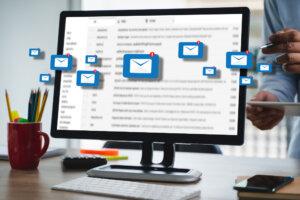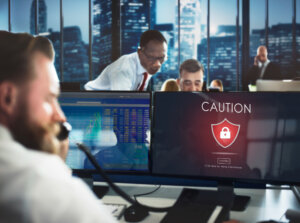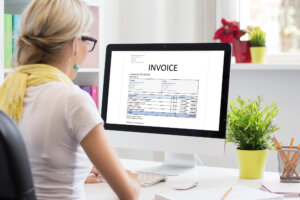Perhaps the Most Important Self-Practice Today: Mindfulness
© Copyright Carter
McNamara, MBA, PhD
Sections of This Topic Include
Additional Aspects of Personal Wellness
What is Mindfulness?
The editorial staff of the Mindful magazine define mindfulness this way: “Mindfulness
is the basic human ability to be fully present, aware of where we are and what
we’re doing, and not overly reactive or overwhelmed by what’s going
on around us.”
What is Mindfulness?
This definition is written in Psychology Today: “Mindfulness
is a state of active, open attention on the present. When we are mindful, we
carefully observe our thoughts and feelings without judging them as good or
bad .. It means living in the moment and awakening to our current experience,
rather than dwelling on the past or anticipating the future.”
What is Mindfulness?
As usual, Wikipedia gives us a comprehensive and yet specific explanation of
mindfulness.
Mindfulness
What
Is Mindfulness? Nobody Really Knows, and That’s a Problem
Why Is It So Important Today?
It is ironic that, in trying to calm the very hectic pace of our lives — in
trying to feel more serenity in our lives — we do that by adding yet more things
to do: reading more self-help articles, taking more classes, and undertaking
even more stressful diets and exercises. Yet, for believers in mindfulness,
the “answer” to finding more serenity is in just not trying to find
it. It is in just noticing what’s around us now without a lot of thinking about
it. Practitioners of mindfulness have found that living in the present is much
more serene and satisfying as constantly living one step ahead of yourself.
They have also found that they get just as much — if not more — done in their
lives and what they get done is often more important, than just urgent. But
most of us are not at all receptive to a practice that is so contrary to what
we’ve been taught and how we’ve lived our lives so far. Without knowing it,
we’re doing that old adage of working harder, rather than smarter; of doing
the same thing over and over again, and of expecting different results each
time.
For too many of us, we realize that insight only after suddenly suffering a
significant physical ailment. Yet, we believe that “solutions” to
complex problems have much have complex solutions. Or, at least, they must come
from experts, certainly not from ourselves — and they should be darn expensive,
as well.
For some countries and cultures, they have practicing mindfulness, especially
through the form of meditation, for millennia. Much longer than our country
was formed. Perhaps they learned the practice through frustration, confusion
and pain like many of us are experiencing today. Yet today, research continues
to show the benefits of more mindful approaches, such as meditation and eastern
practices such Tai Chi and Yoga — practices you can understand and do with
yourself or with others.
Test – How Mindful Are You?
Take this mindfulness quiz.
Based on the results, you might consider the suggestions in the following articles.
How Do You Practice It?
Mindfulness
is not a fad. Try it.
How
to Practice Mindfulness (The Ultimate Guide to Being More Mindful Throughout
the Day)
How
to Practice Mindfulness: A Beginners Guide
7
Easy Ways to be Mindful Every Day
Five
Simple Mindfulness Practices For People Who Hate To Meditate
Mindfulness
exercises
Top
10 Difficulties in Mindfulness Practice and How to Overcome Them
Yet, it’s important to see both sides of the mindfulness practices.
The Problem with
Mindfulness
The
Little-Known Downsides of Mindfulness Practice
Is
Mindfulness Making Us Ill?
Additional Aspects of Personal Wellness
Also consider
Assertiveness
Attitude
Authenticity
Awareness
Bullying
(Addressing)
Cynicism
Emotional
Intelligence
Financial
Fitness
Job
Satisfaction
Motivating
and Inspiring Yourself
Physical
Fitness
Self-Confidence
Stress
Management
Work-Life
Balance
Workaholism
Learn More in the Library’s Blogs Related to Personal Development
In addition to the articles on this current page, also see the following blogs
that have posts related to Personal Development. Scan down the blog’s page to
see various posts. Also see the section “Recent Blog Posts” in the
sidebar of the blog or click on “next” near the bottom of a post in
the blog. The blog also links to numerous free related resources.
Library’s
Career Management Blog
Spirituality in
the Workplace
For the Category of Personal Wellness:
To round out your knowledge of this Library topic, you may want to review some related topics, available from the link below. Each of the related topics includes free, online resources.
Also, scan the Recommended Books listed below. They have been selected for their relevance and highly practical nature.














